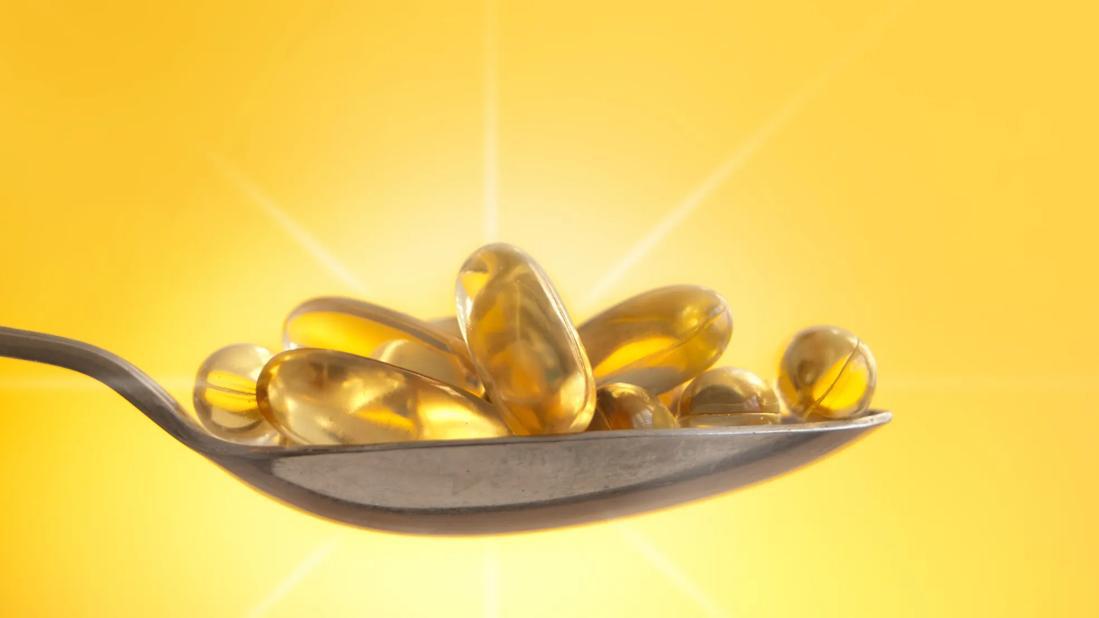What To Know About Vitamin D and COVID-19
This vital nutrient supports your health, but its role in COVID-19 prevention and treatment isn’t proven

Over the past few years, there’s been buzz about supplements that might protect you from COVID-19. One of the most talked-about is vitamin D — a nutrient essential for bone health and immune function.
So, could boosting your vitamin D levels keep the virus at bay?
Here’s the short answer: Not exactly. And taking too much vitamin D can cause health problems.
Does vitamin D help prevent COVID-19?
While some early studies showed a potential link between low vitamin D levels and worse COVID-19 outcomes, the science isn’t strong enough to say vitamin D can prevent or treat the virus.
“Some of the initial research found that people with lower vitamin D levels seemed to have higher rates of infection and more severe illness,” shares family medicine doctor Donald Ford, MD. “But those studies showed correlation, not causation, which means other factors could be at play.”
For example, a 2020 analysis noted that countries in southern Europe, like Italy and Spain, had higher COVID-19 death rates compared to northern European countries. Researchers speculated that lower vitamin D levels might be part of the reason. These lower vitamin D levels might be from less supplement use and more melanin in the population’s skin, which limits vitamin D production from sun exposure. But again, this doesn’t prove that vitamin D deficiency causes worse COVID-19 outcomes.
What does the research say?
Since those early studies, more researchers have looked into how vitamin D might affect COVID-19.
A 2022 review found that people with higher vitamin D levels had better outcomes after contracting COVID-19. These people had:
- Lower death rates
- Shorter hospital stays
- Reduced need for intensive care
The benefits were especially notable in people who took vitamin D supplements (50,000 to 100,000 IU) during their illness. Still, the researchers emphasized that more large-scale studies were needed to confirm these benefits.
Similarly, a 2023 review published in the journal Nutrients suggested that vitamin D supplementation might help prevent infection or reduce the severity of illness, especially in people with known deficiencies.
But again, the review noted that current evidence isn’t strong enough to recommend vitamin D as a first-line defense against the virus.
“There may be something here worth studying, but based on what we know now, we can’t say that taking vitamin D will prevent COVID-19,” reinforces Dr. Ford.
The takeaway? Vitamin D may play a supporting role, but it’s not a substitute for proven COVID-19 prevention methods like vaccination, masking in high-risk settings or staying home when sick.
Why is vitamin D important anyway?
Even if it’s not a COVID-19 cure, vitamin D is still essential for your health. Your body makes it when your skin is exposed to sunlight, but you can also get it from food and supplements.
Vitamin D supports:
- Bone health, by helping your body absorb calcium and phosphorus
- Immune system function, including producing peptides that help fight infections
- Muscle strength, especially important as we age
- Mood regulation, with some studies linking low levels to depression
Some people are more likely to have low vitamin D (including older adults), people with darker skin and those who spend limited time outdoors.
And you don’t always need a supplement. You can increase vitamin D naturally by:
- Spending five to 30 minutes outside in the sun (with appropriate skin protection)
- Eating foods rich in vitamin D, like fatty fish (salmon, tuna), beef liver, egg yolks, fortified cereals and dairy products and Swiss cheese
The bottom line
There’s no magic supplement for preventing COVID-19. While vitamin D plays a key role in your health, the evidence just isn’t strong enough to recommend it specifically to prevent or treat COVID-19.
If you’re concerned about your vitamin D levels or think you might need a supplement, talk to a healthcare provider. They can check your levels with a simple blood test and guide you from there.